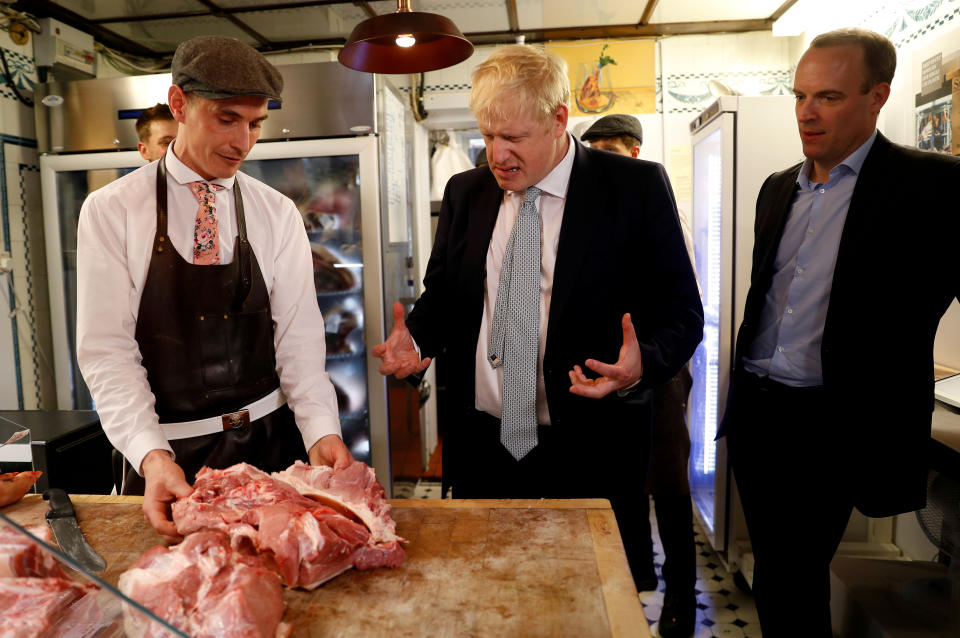No-deal Brexit could spark 'flurry of profit warnings' from UK firms

A no-deal Brexit could cause a “flurry of profit warnings” by British companies and cut government tax revenue, according to chartered accountants in the UK.
Such profit warnings by firms reliant on EU access could then trigger a “systemic loss of confidence” on the markets that could hurt the UK economy as a whole.
The remarks by Martin Manuzi, European director at the Institute of Chartered Accountants in England and Wales (ICAEW), at a committee hearing in parliament sparked accusations of scare-mongering by MPs.
Manuzi said he was not involved in “Project Fear,” and was only highlighting chartered accountants’ concerns about the firms they worked with. The ICEAW has more than 150,000 members.
READ MORE: UK financial services ‘have spent £4bn preparing for Brexit’
Businesses are increasingly alarmed by the economic rupture facing Britain if it leaves the EU without an agreement on 31 October, with time running out and few signs of a likely route to a deal by the legal deadline.
Boris Johnson, the frontrunner to replace Theresa May as UK prime minister next month, said on Tuesday Britain would leave the EU “come what may” by November.

READ MORE: EU says next UK prime minister cannot re-open Brexit talks
Manuzi told MPs the “tremendous economic instability and uncertainty” over Brexit was already creating the most challenging business environment his members had faced in many years.
He said the ICEAW supported contingency planning for a no-deal Brexit, but said he wanted to put his organisations’ concerns “on the record very clearly.”
“It’s likely we may well see after 1 November a flurry of profit warnings from companies finding themselves in completely unprecedented circumstances,” he said.
READ MORE: The big hole in Boris Johnson’s Brexit plans
He said companies with a “large reliance” on smooth EU trade would need to warn investors about the consequences of losing access overnight from a hard Brexit.
Manuzi said the impact on market confidence was “impossible” to predict, but his organisation was looking at the “cumulative effect” on market confidence of a string of profit warnings.
“We’re not here to do scaremongering or say the sky is falling in, but these are the things we’re thinking about,” he said.
“A systemic loss of confidence can have macroeconomic impact. All of that can ultimately have an impact on the tax take.”
READ MORE: Major UK firm could slash ‘thousands of jobs’ over Brexit
But he added that his remarks were “not a prediction,” but a possible outcome for firms most reliant on the EU from a disorderly exit that caused “real dislocation.”
He said the Bank of England had rightly carried out stress tests for UK banks, but asked: “What about the wider impact on the economy?”
The comments sparked a backlash from several MPs on parliament’s Brexit committee who were sceptical of his claims, with one calling it a “chilling account.”
Democratic Unionist Party (DUP) MP Sammy Wilson said it was “another piece of speculation,” and suggested firms should have issued profit warnings already if they were suffering from Brexit.

 Yahoo Finance
Yahoo Finance 